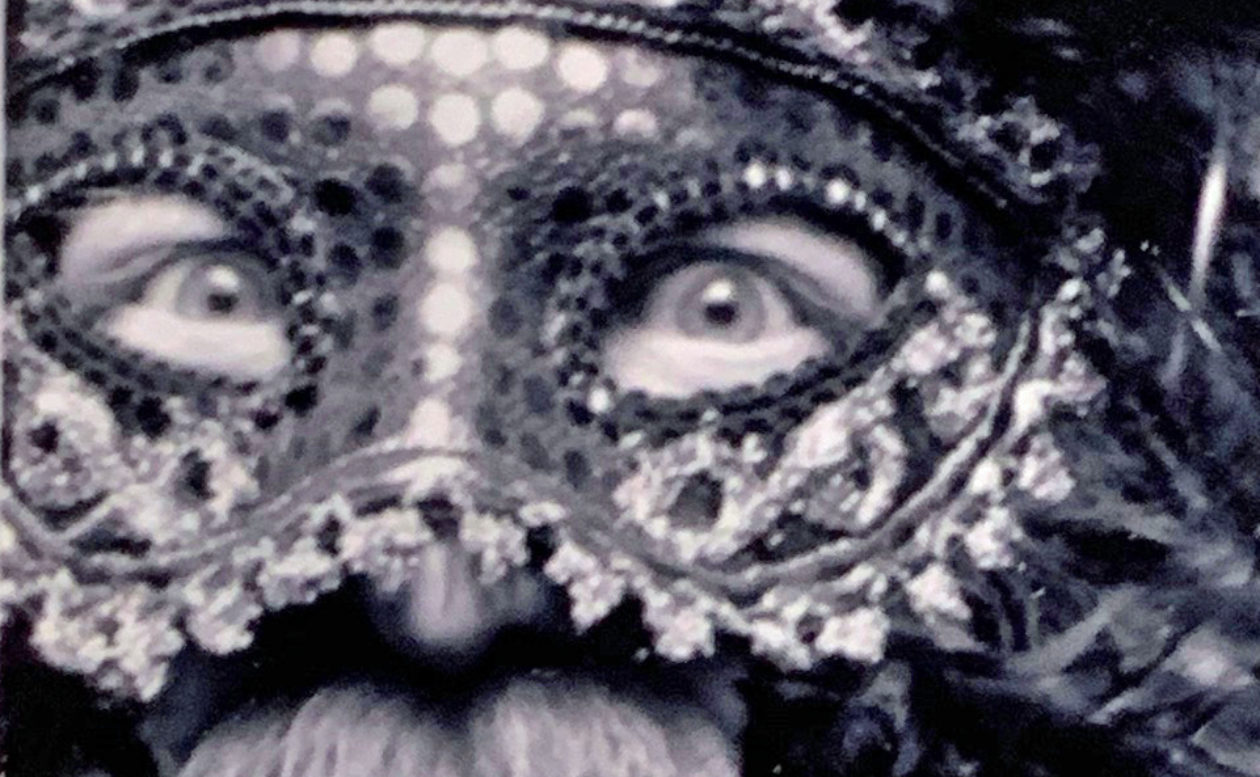 When they get here,
When they get here,
Won’t they be surprised?
There was nothing we could do about Luke.
He told the story he was told,
No better or worse
Than any of those TV evangelists
or any journalist who has drunk the Kool-Aid.
Wouldn’t he be a piece of work in the blogosphere?
Or reporting for Fox News?
Old Rupert would get a kick out of Luke.
Journalists like to think of themselves
As guardians of Truth.
Luke says Satan invaded me.
But how could he know?
He didn’t talk to Satan,
And he certainly didn’t talk to me.
I’m not a primary source in his story.
The Truth, which needed guarding,
was something quite different.
Read the story again;
You’ll see what I’m talking about.
The teacher knows so much in advance.
He knows there’s this local contact guy
with a jar of water
Who knows where the group will eat the Passover.
He knows the house;
He knows the room.
During the meal
He knows he is about to suffer.
He knows the “betrayer” is seated at the table.
He knows about Simon (that ass-kisser)
He knows about Peter (that weakling)
He knows about the swords.
He told them to pray,
But I was there.
We drank wine instead.
And it wasn’t that “new” wine you hear about today.
That’s an invention of Temperance Societies.
They drank wine because the water would kill you.
They passed out.
He told them they needed a sword.
Anybody know what happens when you mix alcohol with weapons?
But he did heal the ear of that guy who got cut.
He gave me the final cue
To do what he told me
When he asked,
“Judas, are you betraying the Son of Man with a kiss?”
It was all set up the week before.
I did what he said to do.
I was just following orders.
I guess that’s how I got here.
But you don’t hear any of that in Luke’s story.
You think he might have omitted that part on purpose?
Family values and all that?
Then why the swords
and the ear
and the blood
and all the whipping
and scourging
and thorns in flesh
and nails hammered through flesh
and spears piercing flesh
and all that blood and gall and vinegar?
Matthew had it a little different.
He was more like the CNN of his time.
He tells it as though the teacher knew it all in advance.
(And he did.)
But he makes it into some kind of supernatural mumbo-jumbo.
Matthew did a little research,
But he didn’t get it all right.
It was only ten pieces of silver.
I asked for thirty
But they negotiated me down.
The price didn’t really matter.
A little revisionist history never hurt the drama of a good story.
And he had a little trouble with point of view.
He talks about how the disciples went with the teacher to the garden
And how they all fell asleep
And then records what the teacher said in his prayer,
Which he couldn’t know if he was asleep.
He was a disciple, wasn’t he?
And if he stayed awake to witness the teacher’s prayer,
Why would the teacher chew him out for falling asleep?
And where was I in this account?
Wasn’t I a disciple?
Wasn’t I asleep with the others?
Doesn’t that give me an alibi?
And he told this same story twice.
Doesn’t that give me two alibis?
But then I kissed the teacher,
Just like he told me to.
And then they arrested him.
And then the ear got cut off.
And then the teacher put it back on.
And after that, where was Peter?
Was he around the campfire in the courtyard, like Luke says?
Or was he inside the priest’s palace with the servants like Matthew says?
Either way, he was certainly the bitterest weeper of the bunch,
that coward.
But how does my story play out?
Did I realize what I had done
and immediately throw the money back at the priests
and go hang myself,
And then the priests bought the potters field, like Matthew said?
Or did I take the money
and buy the potter’s field myself,
then fall down and all my guts gushed out like the prophecy says?
Real estate transactions
certainly were different back then.
I don’t even remember,
It was a pretty long time ago.
But I know this: Luke wasn’t even a disciple.
He wasn’t there.
Just another reporter,
Like Wolf Blitzer
Or Geraldo Rivera.
All I know now is that’s when I exited.
And here I am.
Just waiting.
Somebody’s going to have a lot of explaining to do
On Judgment Day.








